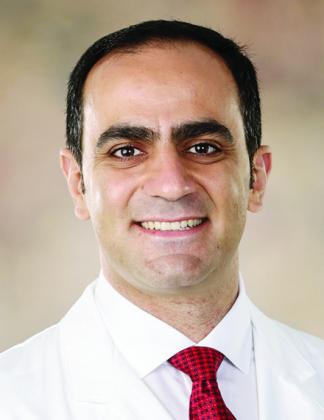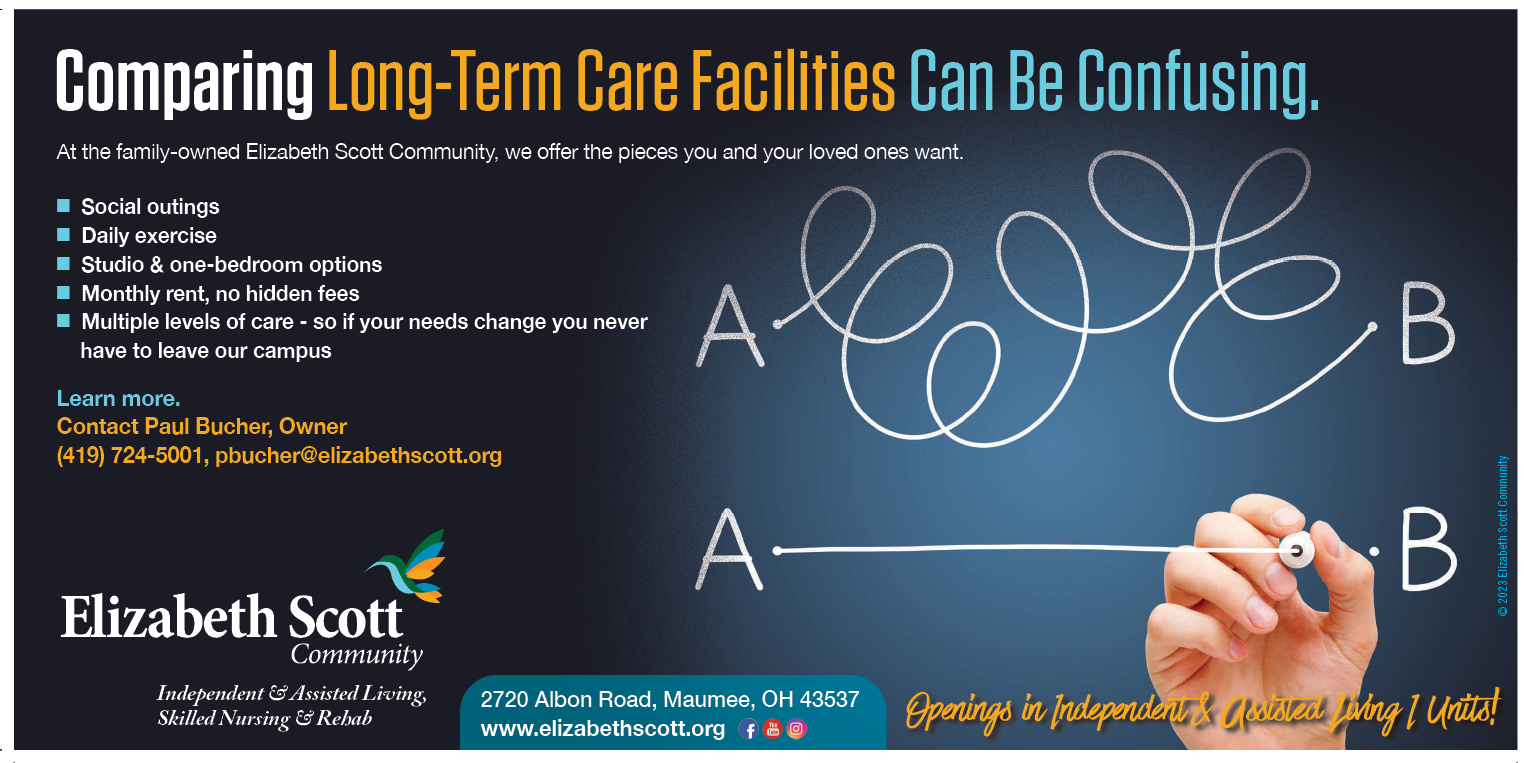WHAT ROLE DOES HEREDITY PLAY in cancer risk? Researchers and doctors are beginning to unravel this mystery and developing cutting-edge, targeted cancer treatments based on the latest scientific findings. With this body of knowledge continually expanding, physicians are also better poised to educate patients on their overall cancer risk as well as recommend highly individualized screening and prevention protocols.
The term “hereditary cancer” can raise a variety of misperceptions, chief among them being the notion that cancer itself can be inherited. The truth is, what gets passed on from one generation to the next is not cancer, but a genetic mutation that increases one’s risk of developing the disease. In fact, while all cancers stem from genetic changes, only 5-10 percent of cancers are actually hereditary according to the National Institutes of Health.
Can one safely assume having a family history of a particular cancer indicates a hereditary link? Not necessarily, states oncologist Ahmad Zarzour, MD, of The Toledo Clinic Cancer Centers. “We’ve learned a lot over time about cancer and how it arises from certain mutations. We’re also testing much more extensively. Whereas we used to test for six to eight mutations, we now test for more than 100. Still, in some patients with a strong family history, testing reveals no link to a specific inherited mutation,” he says.
Dr. Zarzour explains that doctors recommend genetic testing for patients who meet specific criteria. For example, patients diagnosed with ovarian cancer, breast cancer under the age of 50, or triple-negative breast cancer are encouraged to undergo testing, as are people who have three or more blood relatives with a certain cancer.
It’s important to note that environmental and/or lifestyle factors often play a prominent part in the development of cancers, even when they have a hereditary link. “We know that when people have genetic abnormalities, their body’s mechanism for repairing DNA is impaired. So, any lifestyle habits or environmental factors that damage DNA—such as smoking, obesity, excessive alcohol consumption, or exposure to ultraviolet rays—increase the risk of normal cells becoming malignant cells,” explains Dr. Zarzour.
As alluded earlier, promising new cancer treatments are rapidly evolving alongside our growing understanding of the cancer-heredity connection. Dr. Zarzour gives the example of PARP inhibitors. These drugs specifically target the BRCA 1 and BRCA 2 gene mutations, which are known to increase the risk of breast and ovarian cancers, among others.
He also provides the example of Lynch syndrome, which is associated with an increased risk of colon cancer, stomach cancer, and other cancer types. Patients with this inherited syndrome respond well to cancer immunotherapy— a form of treatment that boosts the body’s natural immune system to fight cancer. Dr. Zarzour notes that when discussing genetic testing with patients, he’s commonly told there’s no point in testing for genetic mutations since nothing can be done about them anyway. He replies, “It’s true we can’t change your genes, but if you have cancer and testing reveals a mutation, there may be special treatments for it. Also, test results can inform whether we should monitor for other cancer types. For instance, if you’re at increased risk of colon cancer, we can monitor you with more frequent colonoscopies. Or, if you have a mutation that is known to cause breast cancer in a very high percentage of patients, we might recommend mastectomy at some point in your life to prevent it.”
Knowing your genetic risk for cancer can help protect your family members, as well. As Dr. Zarzour points out, if a patient has a certain mutation, his or her parents, siblings, and children have a 50 percent chance of carrying that same mutation. In these cases, screenings, such as mammogram or colonoscopy, can be performed on loved ones earlier and/or more often with the goal of identifying developing cancers at the earliest, most treatable stage.
The Toledo Clinic Cancer Centers, located at 1200 Medical Center Parkway in Maumee and 4126 N. Holland Sylvania Road, Suite 105 in Toledo, also provides imaging, laboratory, chemotherapy, specialized pharmacy, and IV services. The cancer center consists of 14 physicians and 11 advanced practice providers. The cancer center also has satellite centers in Napoleon, Bowling Green, Wauseon, Bellevue, and Monroe.
The Toledo Clinic Cancer Centers has earned Patient-Centered Specialty Practice recognition and Oncology Medical Home recognition from the National Committee for Quality Assurance. Oncology homes align systems and resources with coordinated care focused on cancer patients and their needs. This reduces fragmentation, supports shared decision making, and improves the patient experience. They are the first oncology practice in the state of Michigan and the second oncology practice in the state of Ohio to receive this recognition.
For more information, please call The Toledo Clinic Cancer Centers at 419-479-5605.
✲


